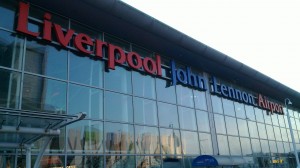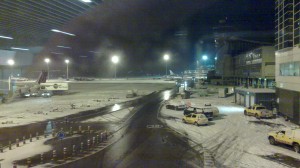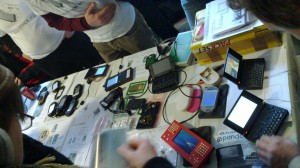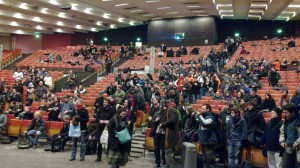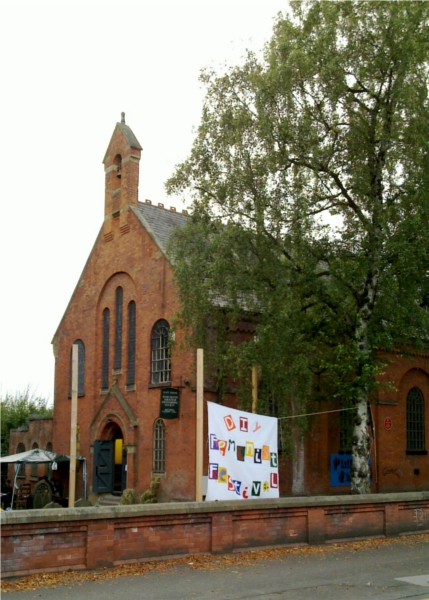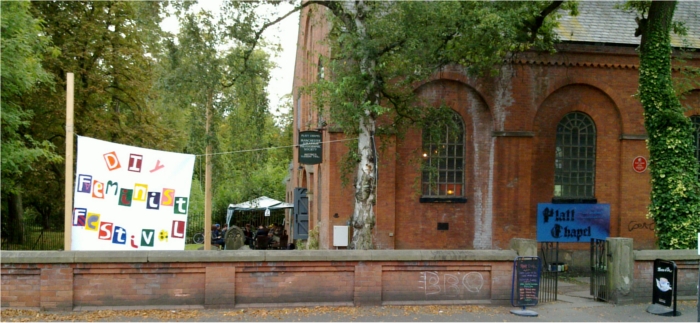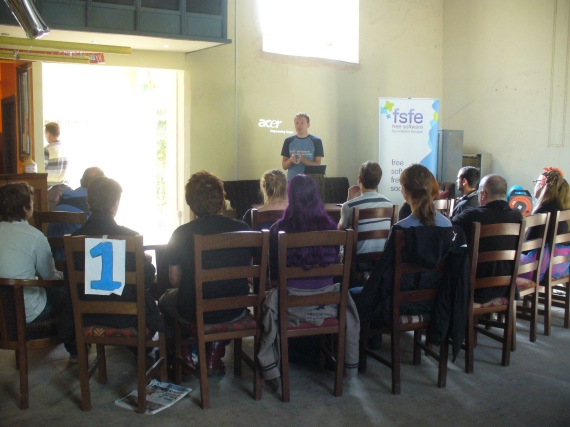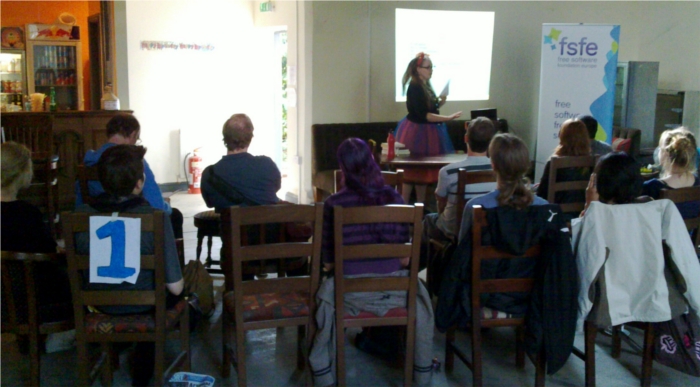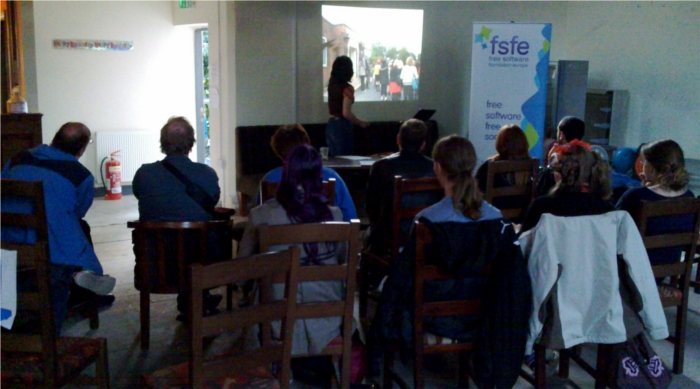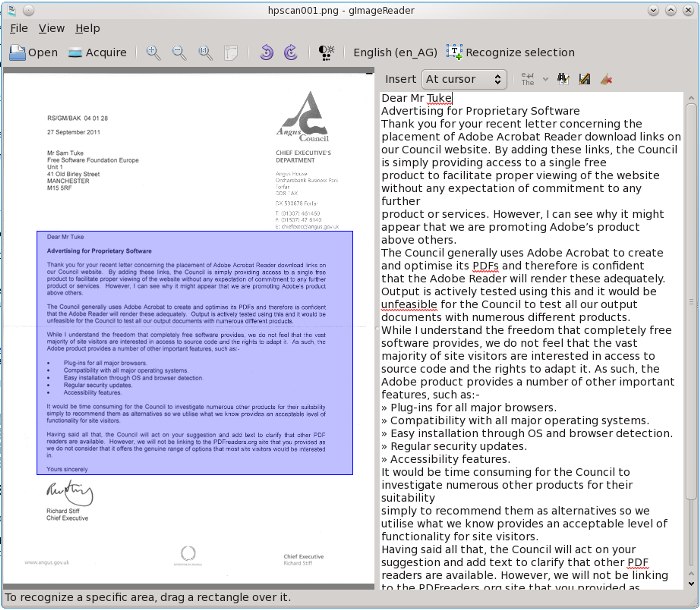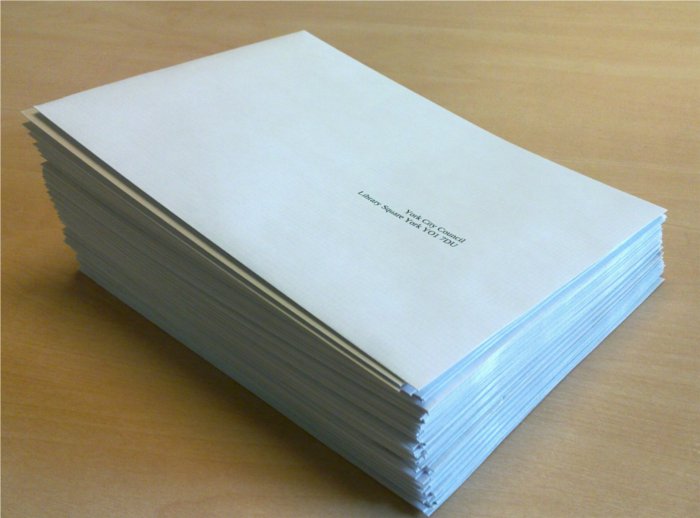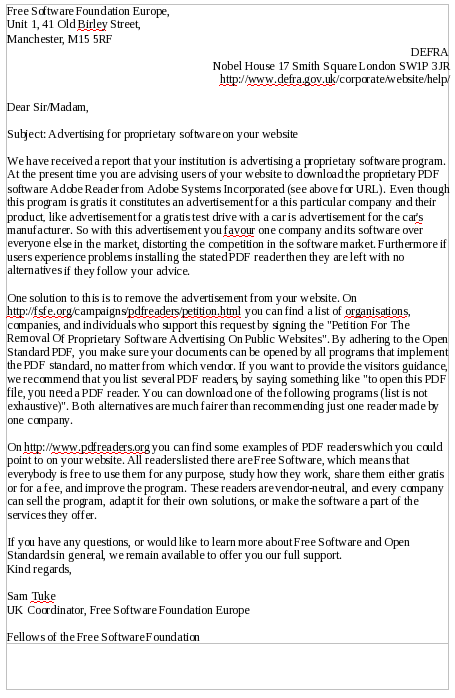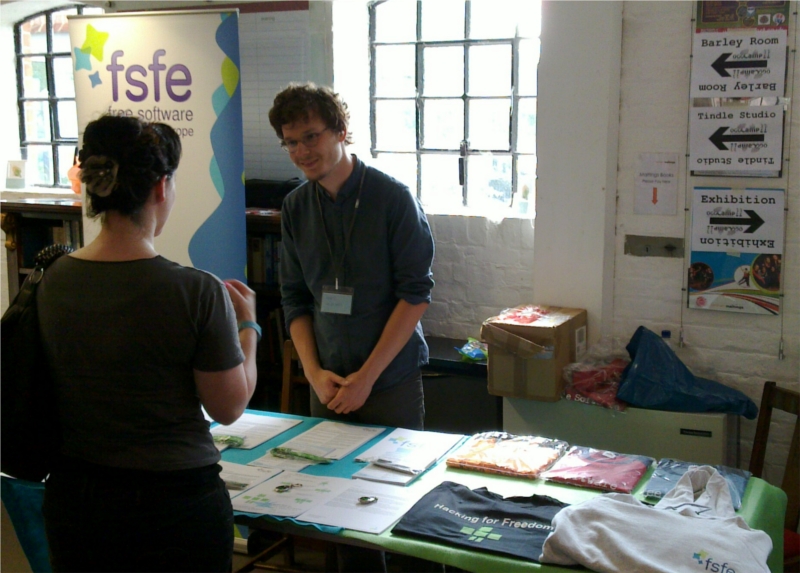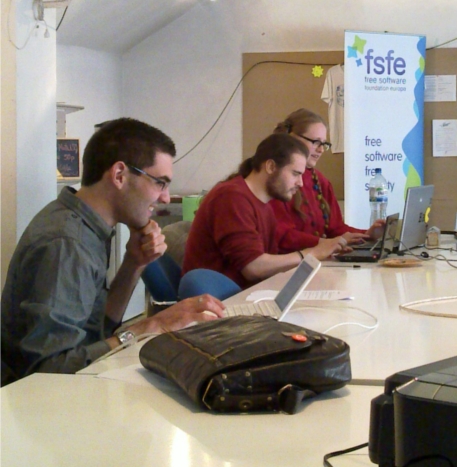Free Software Android page gets “slashdotted”
At FOSDEM, FSFE’s page about how to free Android devices was officially launched by Torsten Grote, leaflets were handed out, and over the course of the weekend news of this hit hackernews.ws, causing a ‘slashdot’ effect resulting in 12,00+ hits. Great going in such a short time, and goes to show what an impact sharing your knowledge on the fsfe wiki can have!
Thanks also to UK Fellow Paul Boddie for fixing search engine indexing and Piwik analytics issues with our MoinMoin installation just days before FOSDEM – without that the launch couldn’t have been so successful.
